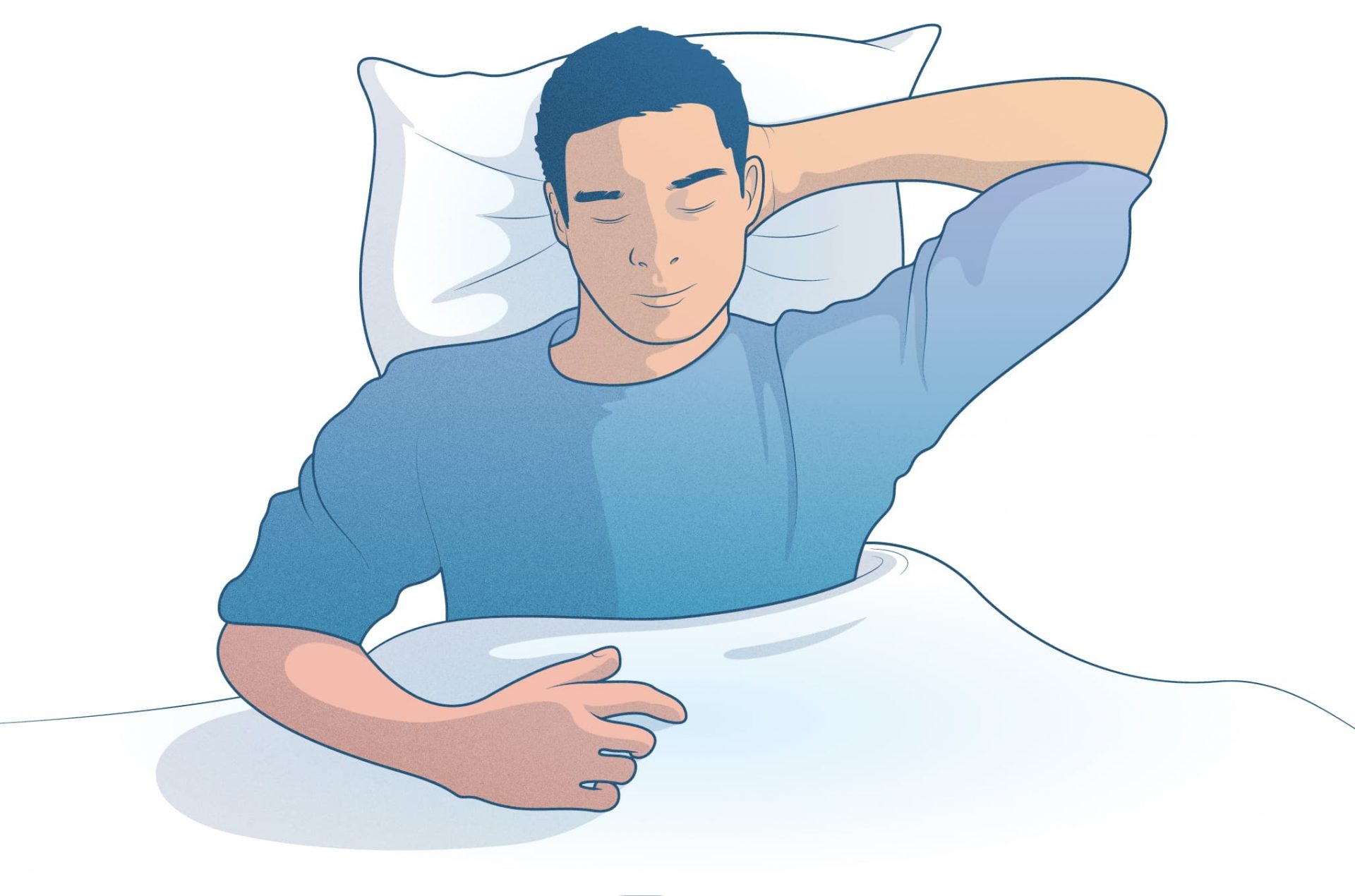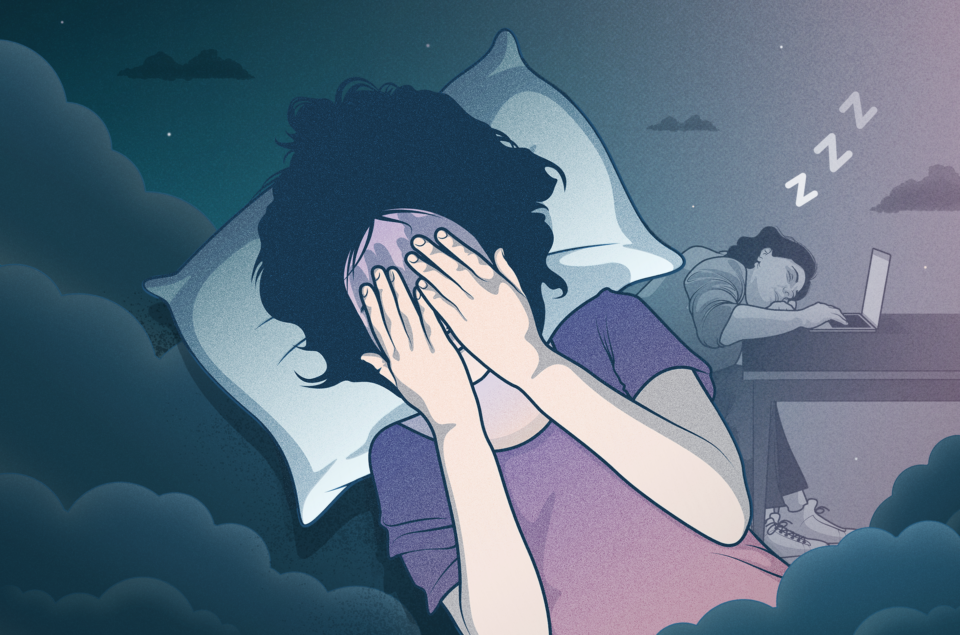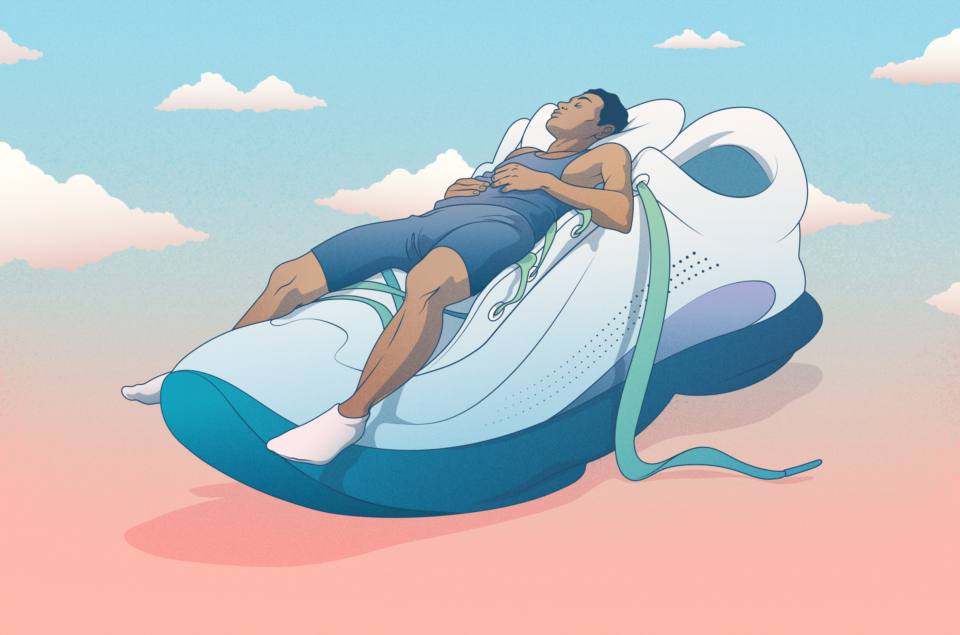From sounds and smells to room temperature, eating habits and choices of viewing. Read on and discover how you can create the perfect bedtime routine for a great night’s sleep – here are our seven steps to Sleep Heaven:
1. Watch what you eat
If you’re serious about getting a good rest, you shouldn’t go to bed stuffed. At the opposite end of the spectrum, going to bed hungry isn’t a smart idea either. A rumbling tummy is never good and might encourage those nocturnal refrigerator raids. Stimulants such as nicotine and caffeine should be avoided for a couple of hours before bedtime too – and while alcohol might make you feel sleepy, treat it with caution. It can cause sleep disruption later in the night.
2. Stay cool
Our core body temperature naturally fluctuates during the day, reaching its high point in the late afternoon when it starts to cool down. In turn, this cool down tells our brain that bedtime is approaching. At this point, the production of the hormone melatonin starts – which regulates our sleep.
So why is this a big deal? Well, the temperature in our sleeping environment affects our body temperature so getting this right is vital. Science tells us that maintaining a consistently cool bedroom temperature harmonizes with the body’s natural cooling process. For adults, a temperature of between 60 to 67 degrees Fahrenheit (or 15 to 19 degrees Celsius) is recommended. For babies and toddlers, this is slightly higher at between 65 to 70 degrees Fahrenheit (18 to 21 Celsius). Here is how to stay cool, when the room and surroundings are not.
3. Choose the right bed linen and mattress
Buying the right mattress, sheets and pillows can make a big difference. Some like them soft. Some like them firm. Our advice? Unless your physician or other healthcare professional has told you specifically, you should choose the products that make you feel good – if they make you feel sleepy, even better!
4. Scents for relaxation
For some people, the right scent in a bedroom is a serious matter. Now before you dismiss this idea, it’s worth considering that there is actually science to back it up. For example, lavender is known to decrease heart rate and blood pressure and reduce anxiety. Vanilla has been shown to have the same effect. It’s usually taken orally, but a scented Valerian candle or even Jasmine can help nudge you towards dreamland.
5. If you’re not sleepy, don’t go to bed
Yep – it sounds like a no brainer but we’ve all done it. Going to bed at 9 pm won’t guarantee a great night’s rest. It can actually have the opposite effect. We strongly recommend waiting until you’re tired. In the meantime, consider the next point carefully.
6. Wind down before you get a great night’s sleep
Try to do something that relaxes you just before bedtime. A hot bath or shower. A cup of chamomile or other caffeine-free tea. Listen to some relaxing tunes. Some studies have shown that classical music is most effective at quickly reducing both heart rate and blood pressure – so save the death metal for breakfast time and try Sleep Cycle’s Sleep Aid, our sound library that will help you sleep.
7. Avoid your laptop, mobile or TV screen
There are countless studies that conclude by saying how detrimental this is to get a good night’s sleep – but if you can’t resist the temptation, consider watching something boring or that doesn’t induce strong emotions that will decrease your pulse rate. Use your imagination here. Just go onto YouTube and search on ‘boring sleep-inducing movies’ – or try Napflix – a website dedicated to sending its viewers to sleep.
Like a man with a fork at the all-you-can-eat soup buffet, sleep can be ironic. The harder you try to sleep, the less likely it is to happen. This is known as the Sleep Paradox. But don’t despair. A great bedtime routine that helps you prepare for a good night’s sleep is a breeze.










